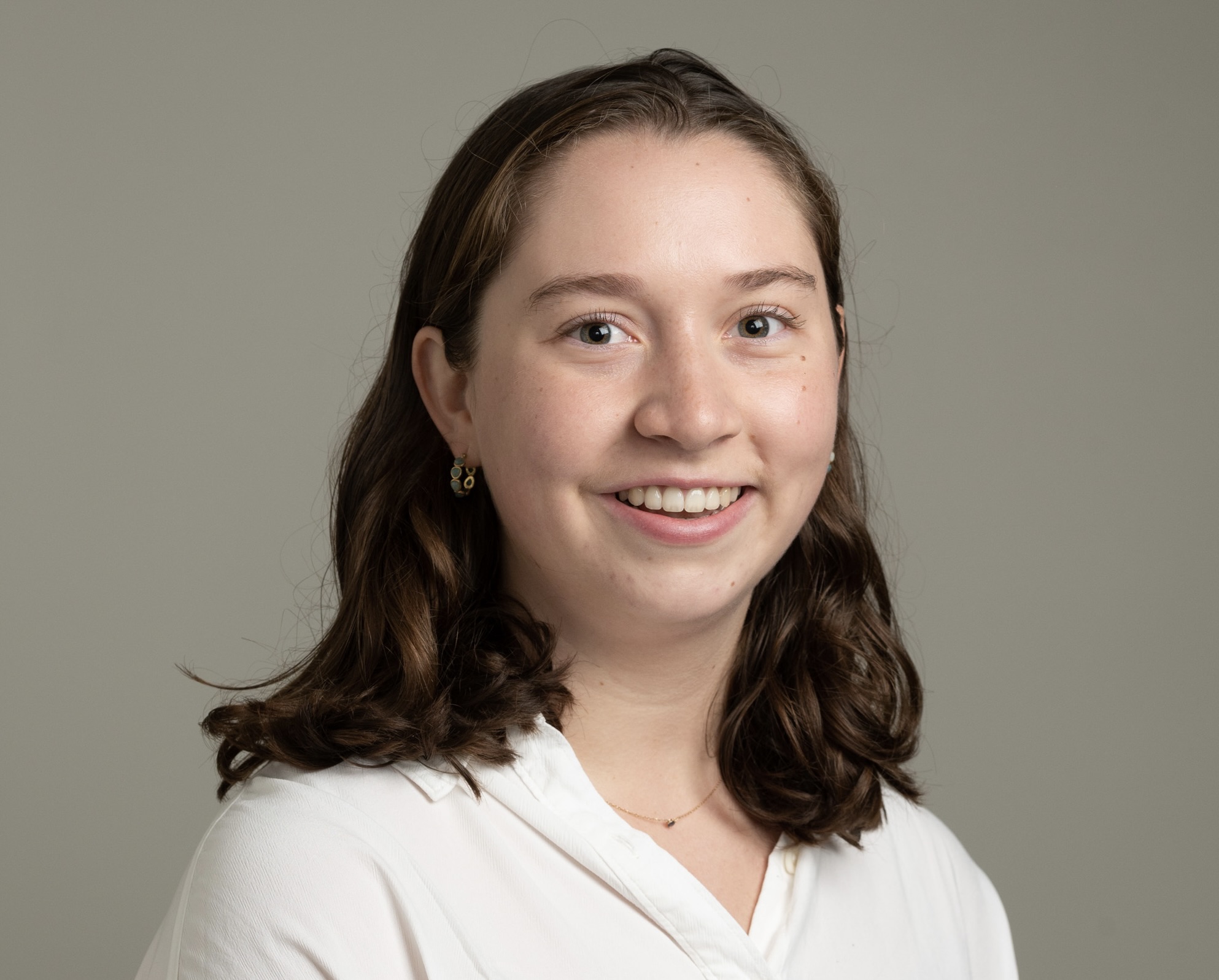Laurel Robbins ’23 awarded coveted national fellowship to fund PhD work

When Laurel Robbins ’23 learned she received the 2025 National Science Foundation Graduate Research Fellowship Program Award, she was surrounded by friends, all anxiously awaiting the results.
“Finding out I was awarded this fellowship was extremely exciting,” Robbins said. “Once I found out I had been awarded the fellowship, the first people I told were my parents, who are my biggest supporters.”
Robbins, who majored in biochemistry and molecular biology at the College, is currently a PhD candidate in biochemistry at the University of Colorado Boulder.
Winning this prestigious fellowship means she has secure funding toward her tuition, stipend, and fees for the next three years of her graduate studies. In the current scientific funding climate, having this security in her position is a major relief for Robbins. The fellowship will also broaden her scientific network to other graduate students across many disciplines.
At CU Boulder, Robbins works in a lab focusing on investigating the mechanisms of bacterial immune systems that defend against the viruses that infect bacteria, bacteriophages.
“I’m passionate about this project because these systems have fascinating molecular biology, and they allow us to better understand the arms race between hosts and their pathogens,” Robbins said.
This research has important implications for understanding the general immune strategies shared between bacteria and humans to protect against viral threats. Understanding the way bacteria defend themselves against viruses also has potential for improving the efficacy of phage therapy, a rising strategy to combat antibiotic resistant bacteria.
I n the personal statement for her fellowship application, Robbins focused on her path to the biological sciences and highlighted the research she conducted at Lake Forest College. She was first introduced to research through the Richter Scholar Program in Assistant Professor of Chemistry William Conrad’s lab.
n the personal statement for her fellowship application, Robbins focused on her path to the biological sciences and highlighted the research she conducted at Lake Forest College. She was first introduced to research through the Richter Scholar Program in Assistant Professor of Chemistry William Conrad’s lab.
Her research at Lake Forest College, which focused on prophylactic tuberculosis therapy, introduced her to numerous biochemical research techniques. Robbins also had the opportunity to publish her work in a peer-reviewed journal, giving her early experience in an integral part of scientific research.
“My work with Dr. Conrad played a huge role in my decision to pursue a career in research,” Robbins said. “He not only built the foundation for how I think as a scientist but also encouraged me to apply to graduate school and pursue research as a career.”
Conrad sees his role as a professor as one that serves to help students discover the best version of themselves and find their path forward after college. Approaching his teaching as both a scientist and a communicator, he aims for his students to apply his methods to research, medicine, business, art, and beyond. According to Conrad, Robbins embodies this goal.
“Laurel was an absolute joy to work with as a student because of her enthusiasm for learning and growth,” Conrad said. “I am truly honored that Laurel carries the lessons she learned from my lab forward and is making new discoveries I could never dream of. My wish for every student is that they take at least one lesson from each class or activity, bit by bit growing into the person they hope to become. Laurel accomplished that growth beautifully.”
The support students receive and resources they have access to at Lake Forest College set them up for success after graduation. Professors foster a strong and encouraging environment, preparing students for graduate studies and rewarding careers.
“Conducting research at Lake Forest College allowed me to be mentored directly by professors who are passionate about teaching and introducing students to research,” Robbins explained. “This type of mentorship is invaluable, especially when doing research for the first time.”

